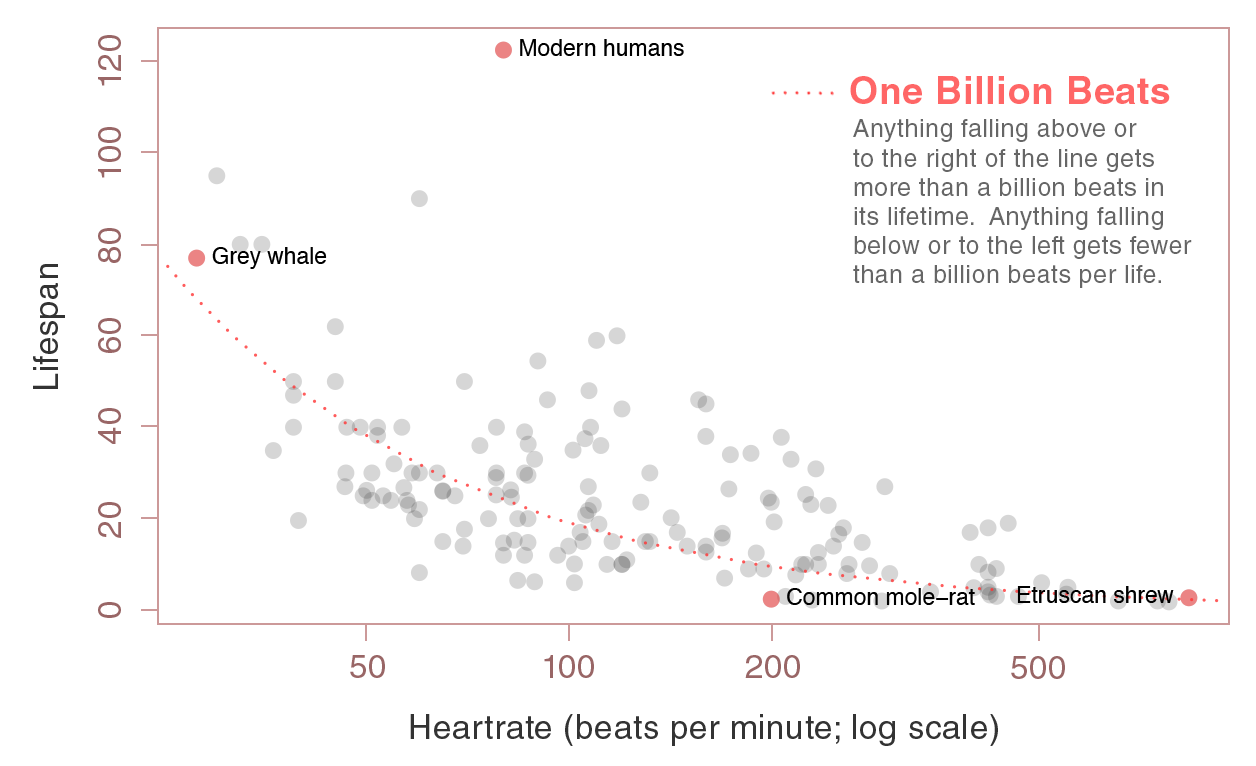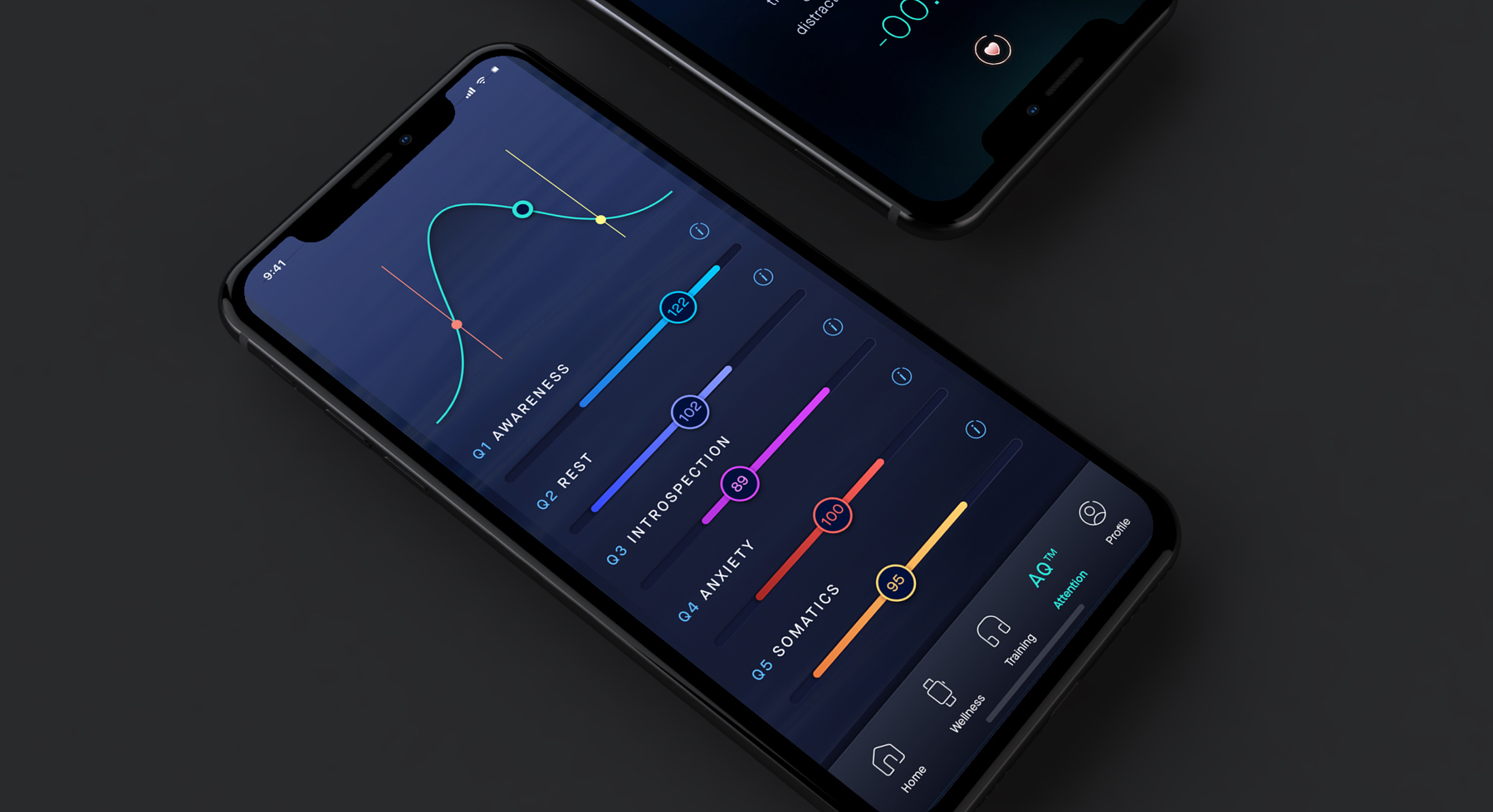Is there a relationship between our heart rate and overall life expectancy? The finite heartbeat theory sure thinks so. The finite heartbeat theory suggests each of us only has a set amount of heartbeats available throughout our lifetime. On average, studies suggest humans get approximately 2.5 billion beats per lifetime. This begs the question, how does anxiety, which often increases your heart rate, impact your lifespan? And does exercise decrease it? We’re covering all that and more in today’s blog.
How anxiety impacts your heart rate
Some level of anxiety is an inevitable and an expected part of life. But ongoing anxiety, in the absence of a threat, can be detrimental to your overall health and wellbeing.
When you’re anxious, your “fight or flight” response is triggered, which releases stress hormones, tenses your body, increases your blood pressure, and raises your resting heart rate. In some cases, anxiety can even cause heart palpitations.
When this occurs, it may feel like your heart is racing, fluttering, pounding, or “skipping a beat.” But, for the most part, heart palpitations are short-lived and relatively harmless—at least in the short term.
However, a consistently higher heart rate can be cause for concern. Not only is anxiety linked to higher rates of heart attack and other cardiac events, but it could also shorten your lifespan. If your resting heart rate is consistently high, you’ll likely reach your 2.5 billion beats faster.
The good news is, anxiety is highly treatable. Identifying ways to better manage it is key to lowering your resting heart rate and extending your lifespan.
Ways to better manage anxiety and lower your resting heart rate
Treating anxiety may take some trial and error. Most often, anxiety disorders are treated with psychotherapy and medications or a combination of the two. But as we continue to learn more about how the brain and body are connected, healthcare providers recommend additional, more natural treatments and therapies, such as meditation, yoga, and neurofeedback.
Here are a few ways to better manage anxiety so you can lower your resting heart rate.
If the finite heartbeat theory is true, does exercising use up your heartbeats faster?
There’s no denying that exercise raises your heart rate. But does that mean you should limit or avoid it? Simply put: no. The argument that exercising makes you use up your heartbeats faster fails to consider your resting heart rate.
People who exercise regularly have lower resting heart rates. A “normal” resting heart rate is between 60 – 100 beats per minute (bpm). However, a trained athlete or exceptionally active person could have a resting heart rate as low as 40 – 60 beats per minute.
Thus, the more you move, the lower your resting heart rate. And over your lifespan, that significantly outweighs the relatively small amounts of time your heart rate is increased while exercising.
In summary: a lower heart rate is linked to a longer life
While there is no strict tally for your ticker, each of us gets roughly 2.5 billion beats throughout our life, according to the finite heartbeat theory. And the higher your resting heart rate, the lower your life expectancy.
A 16-year-long study of 5,000+ men found that those with a resting heart rate of 71-60 bpm had a 51% higher chance of death during the study period than those with resting rates of under 50 bpm. If an individual had a resting heart rate of 81-90 bpm, their risk of death doubled. Over 90, and it tripled.
To lower your resting heart rate, it’s important to exercise regularly and manage your anxiety to the best of your ability.
For general questions, please reach out to hello@theaqapp.com.





